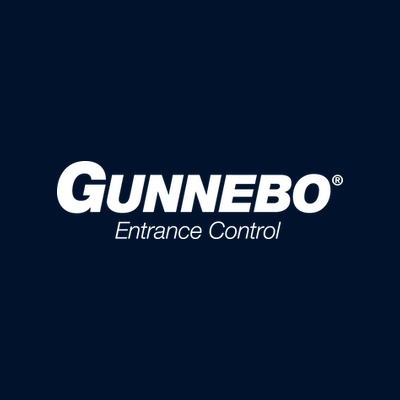
Why a Global Security Brand Is Rewriting the Rules of Sustainability Comms.
Signatory: Gunnebo Entrance Control
Signatory Number: 8
Sector: Security
Signatory since: 2024
👉 Green Claims Policy
Interviewee: Kelsey Parsons


In an industry where invisibility is often the goal—designing security systems to melt into public infrastructure—Gunnebo Entrance Control is stepping into the spotlight for a different reason: transparency.
“We’re not a sustainability-first brand,” says Kelsey Parsons, the company’s Global Sustainability Officer.
“But we are a safety-first one. And that has to mean safety for people and planet.”
This, it turns out, is the origin story behind Gunnebo Entrance Control’s (GEC) decision to become a signatory of The Anti-Greenwash Charter. In a sector where environmental language is either vague or vanishing, their move signals a deeper reckoning—not just with what’s being said about sustainability, but what isn’t.
A Sector Rethinking How It Communicates
GEC designs and manufactures entrance and access control systems—the kind you pass through in airports, office lobbies, and metro stations without a second thought. And while their mission is “to create a safer world,” Kelsey notes that its focus on climate impact has only recently come into sharper view.
“We established sustainability as a significant business priority about 18 months ago,” she explains.
“And one of the first things we asked was: how do we talk about it?”
The answer, at first, wasn’t encouraging. Like many sectors adjacent to the built environment, entrance control has historically lacked a strong communications culture around sustainability. “There’s not much greenwashing,” Kelsey says.
“It’s more like greenhushing. Vague claims, one-liners, or just silence.”
Why the Charter—and Why Now
For GEC, signing the Charter wasn’t about polishing a sustainability message—it was about building one from the ground up, and making sure it could withstand scrutiny. The turning point came when Tina Hughan, Group Director of Marketing and Sustainability, led the development of a group-wide internal framework for how it would approach sustainability messaging.
Both Kelsey and Tina believed that GEC, as a business unit, could take this a step further. That’s when Tom Bourne, Director at Select First and a founding supporter of the Charter, introduced the idea of formalising Gunnebo’s commitment through external accountability.
“Tom basically said, if you’re serious about this, there’s a way to prove it,” Kelsey recalls.
“The Charter offered us that structure, that mirror.”
From Assumptions to Approvals: What Changed Internally
GEC’s early experience as a signatory has already triggered what Kelsey calls “a communications awakening.” And it’s not abstract.
-
A formal content approval process is now in place—an unfamiliar but welcome shift for a marketing team that previously published at pace.
-
The business is moving away from generic stock imagery, encouraging staff to photograph real installations and projects to reflect authentic impact.
-
And perhaps most importantly, employees are asking more questions: “Can I say this?” “Do we have the evidence?” “Does this align with our policy?”
“We’re not just communicating more,” says Parsons.
“We’re communicating more carefully—and with more confidence.”
What the Green Claims Policy Uncovered
Like many organisations, GEC had never articulated its sustainability claims in writing. Drafting the Green Claims Policy revealed more than a gap—it revealed unspoken assumptions and inconsistencies.
“We hadn’t thought about how image selection could contradict a written message,” says Kelsey.
“And we hadn’t considered the need for granularity. We’d been making bold statements—but didn’t always have the data behind them.”
In short, the company had been doing good work—but talking about it in ways that risked misunderstanding or, worse, mistrust.
Confidence as a KPI
Kelsey is frank: GEC hasn’t yet seen a flood of customer feedback since joining the Charter. But that’s not the point.
“This is about internal readiness—building a culture where people feel safe and confident talking about sustainability,” she says.
“We’ve moved from hesitancy to curiosity, and that’s powerful.”
It’s also helping GEC align better with potential partners, some of whom have remarked on the Charter as a signal of shared values: factual, transparent, and focused on impact.
Advice to Others: Slow Down to Speak Up
When asked what holds companies back, Kelsey doesn’t blame malice or spin. She blames speed.
“Too many organisations run before they can walk,” she says.
“They want to say a lot before they’ve done a lot. Or they hold back until they’ve done everything—and then never say anything at all.”
Her advice is to start small: focus on a minor initiative, prove its impact, and speak clearly about it.
“Even the smallest actions, if they’re real, can cut through the noise. And they might inspire someone else to do something bigger.”
A Shift in the Security Industry’s Voice
Kelsey is quick to note that the Charter hasn’t transformed Gunnebo Entrance Control’s sustainability strategy overnight. But it has reshaped its voice. And in an industry where silence has often been the norm, that might be the most radical change of all.
Be Recognised for Your Commitment to Responsible Communications
Join The Anti-Greenwash Charter and position your organisation as a leader in responsible, transparent communications. Take the next step today and start your journey toward greater accountability and trust.
